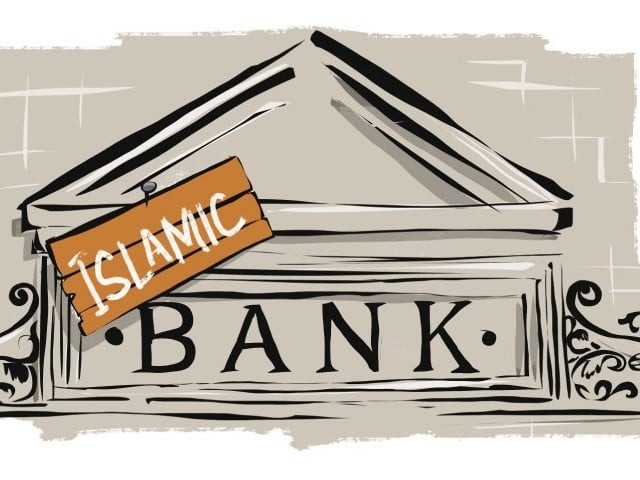Risk-sharing: FPCCI underlines need for promoting Islamic banking
SVP says this system has enormous potential, is growing at fast pace

PHOTO: FILE
In a statement on Monday, Tawab appreciated the decision of Finance Minister Ishaq Dar to constitute a committee for the implementation of recommendations of the steering committee for the promotion of Islamic banking.
He also praised the role of central bank in promoting Islamic banking and establishment of centres of excellence, launch of the All Islamic Share Index and the policy framework for establishing Islamic banking subsidiaries in Pakistan.
He pointed out that Islamic banking had become an emerging field in global financial markets, which had tremendous potential and was growing at a fast pace.
According to Tawab, Pakistan, with more than 95% Muslim population and a constitutional obligation to ensure a Riba-free economic system, has a huge potential of expanding Islamic banking if deposits are used on the basis of detailed analysis to get a higher rate of return than conventional banks.
At present, the return on Islamic bank instruments is lower than conventional banks.
Quoting statistics, Tawab said the Islamic Financial Country Index ranked Pakistan 10th in the world in terms of its role in developing, promoting and advocating Islamic banking and finance.
At present, 22 Islamic banking institutions are working in Pakistan including six full-fledged Islamic banks and 16 conventional banks operating Shariah-compliant branches.
He stated that assets of Islamic banks stood at just 11.4% of total assets of the banking system and their deposits constituted 13.2% of total deposits of all banks. He added that the Islamic banks needed special attention for encouragement and enhancement.
Tawab explained that although Islam had banned interest-based transactions, it did not mean that capital was costless in the Islamic system as it allowed profit-sharing.
“Islam recognises capital as a factor of production but it does not allow making a prior or predetermined claim on the productive surplus in the form of interest,” he said.
Foreign banks in Pakistan have also established Islamic banking windows and are competing with local commercial banks.
Published in The Express Tribune, September 13th, 2016.
Like Business on Facebook, follow @TribuneBiz on Twitter to stay informed and join in the conversation.


















COMMENTS
Comments are moderated and generally will be posted if they are on-topic and not abusive.
For more information, please see our Comments FAQ